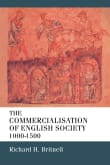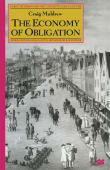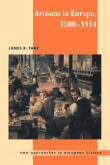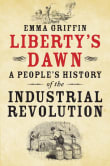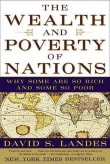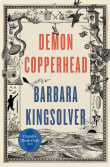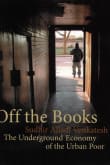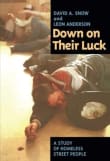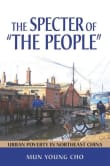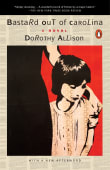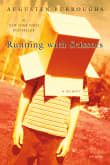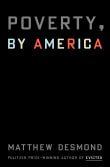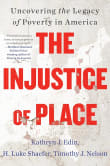The Moral Economy
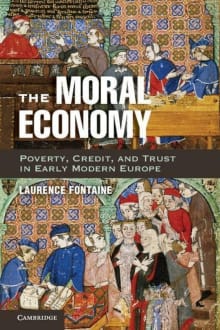
Book description
The Moral Economy examines the nexus of poverty, credit, and trust in early modern Europe. It starts with an examination of poverty, the need for credit, and the lending practices of different social groups. It then reconstructs the battles between the Churches and the State around the ban on usury,…
Why read it?
1 author picked The Moral Economy as one of their favorite books. Why do they recommend it?

This major synthesis broadens the canvas to Europe as a whole, especially Western and Northwest Europe. On the continent, peasant culture was more prominent than in England, and the French historian Fontaine—who has also written ground-breaking studies of peddling and the second-hand trade—shows vividly how resilient, enterprising, even manipulative ordinary Europeans in village and mountain could be in maneuvering their way through economic life. “In early modern Europe,” she writes at one point, “everyone was more or less a merchant”—which, of course, is exactly what Adam Smith had said.
From Henry's list on understanding where “capitalism” came from.
Want books like The Moral Economy?
Our community of 12,000+ authors has personally recommended 100 books like The Moral Economy.
